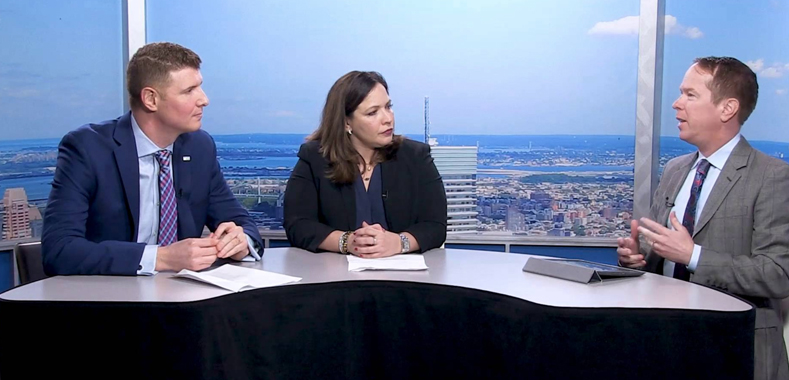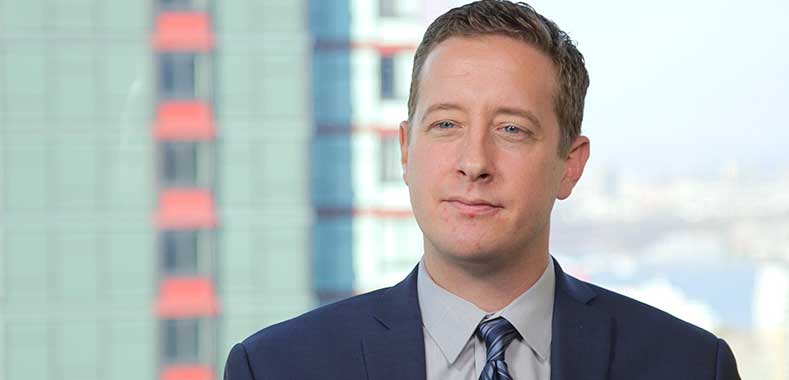How to Add ESG to a Private Equity Program
Download the article here
The institutional investment market is demanding greater transparency into the environmental, social, and governance (ESG) impacts of its managers, including private equity managers. However, many GPs have yet to launch formal ESG programs due to misperceptions and fear of the unknown. Privcap recently spoke with two veterans of the private equity operations function to learn about what some concrete steps are to getting started with ESG.
Privcap: ESG has been part of the private equity market for a number of years now, and yet there are many participants out there who believe that adopting ESG means sacrificing returns. Is that true?
Paula Bosco, Activus Risk Management: Especially in Europe, ESG has been around long enough for us to see returns from those players who integrate ESG into their platforms, and there is real value. Plus, there’s a lot of academic and investor-based research out there that actually shows that you don’t have to give up those investment returns for ESG.
Anthony DeCandido, RSM: You have to understand that the basis of private equity is that managers are in the business of driving returns. That’s never going to change. But GPs have to consider driving profiles of return and the social responsibility that comes with that role. You also need to consider where you are in your lifecycle. For example, if you’re a new general partner and your interests are fundraising, ESG may be an opportunity for you to showcase your values and your missions. If you’re a more seasoned manager and you have a track record that follows you, this may be an opportunity to align your investor base a little bit more with your missions and your values.
So ESG doesn’t diminish returns. But why should a GP consider adopting these principles?
DeCandido: A GP needs to understand that there’s a changing demographic in the general workforce in the United States. Millennials have now taken over as the primary workforce. They are now set to inherit $30 trillion of assets over the next decade or so, so the general partners are going to be working with allocators who are from the millennial population. Millennials have different interests and tend to favor mission-based strategies. These are individuals who are more interested in why they’re doing something than what they’re doing. Many allocators today are already in putting ESG on their checklists. General partners need to understand that this is an opportunity for them, too, to maintain relevancy in the changing market environment.
Bosco: What’s more, if you’re a GP and are looking to attract state and local pension fund money, or capital from sovereign wealth funds, they are squarely looking to see what you’re doing in the ESG space. Now, you take a look at some of these DDQs and RFPs—whereas 10 years ago there might have been three or four questions on ESG, now we’re seeing four or five pages dedicated to ESG, especially in the context of risk management.
Although there are now laws everywhere mandating ESG, are there important rules and regulations that are pushing its adoption by managers?
Bosco: Major institutional investors like CalPERS and CalSTRS have mandates around climate risk disclosures. To the extent that you’re operating in California or invested in companies that are operating in that state, there are some disclosure requirements around that. It shows that the state is willing to get involved in this issue, and we think that many of the other state pension funds will follow. In addition, there was a rulemaking proposal from the SEC in 2017 which would have required sustainability reporting among issuers. That would be in line with the Europe-based Sustainable Stock Exchanges Initiative, which requires issues to report on what they’re doing from an ESG perspective or explain why you’re not required to do so.
What would you recommend to a small or medium-sized private equity firm about the best way to launch an ESG program?
DeCandido: For starters, I would suggest to a general partner to create a vision statement. Define the purpose of this effort as it relates to driving returns. You would also benefit from developing some level of governance controls. You may want to pull together a sustainability committee. This would be no different than a board of directors or a committee in a public scenario.
Bosco: Have the firm assess any of its legal or regulatory obli-gations. You need to be looking at your investor-specific issues. Anything that’s part of a side letter or part of a commitment that you have made to an institutional investor, you want to get that on the books.
DeCandido: Getting started with ESG is less an expense for the general partners than it is a time allotment. You have a very lean group that’s devoted to driving an investment strategy. Now you have to redeploy some time to ESG, and there’s a lot of questions as to who’s the right person to do that.
What kind of help would a third party, like RSM or Activus, be able to offer a GP?
DeCandido: The calls that we’ve been getting from our clients are around things like helping to prepare a sustainability report. Some are lengthy reports that detail all the ESG measurements for each portfolio company. More commonly, I’m seeing managers request a performance assessment from an independent party like us that can help validate some of the numbers, but then also give some comparability and benchmarking across other organizations.
Bosco: The main concern around ESG is that a lot of the information is self-reported and not verified, and so we provide verification services.
Final question: Using a baseball analogy, what inning is the private equity market in by way of fully adopting ESG?
DeCandido: I would say that we’re probably somewhere in the fourth or fifth inning. There’s been a lot of progress that’s been made. There’s more to come.
Bosco: I agree. I think we’re probably in the fifth or sixth innings. I think ESG has moved away from just the fundraising strategy to more of a long-term approach to investing, and that is a good thing. No matter where you are in the value chain, if you’re an asset owner, an asset manager, one of the target portfolio com-panies, a regulator, people are realizing that ESG brings value to every part of that process.
Two responsible-investment and compliance experts discuss the growing trend for GPs to launch environmental, social and governance (ESG) initiatives.










